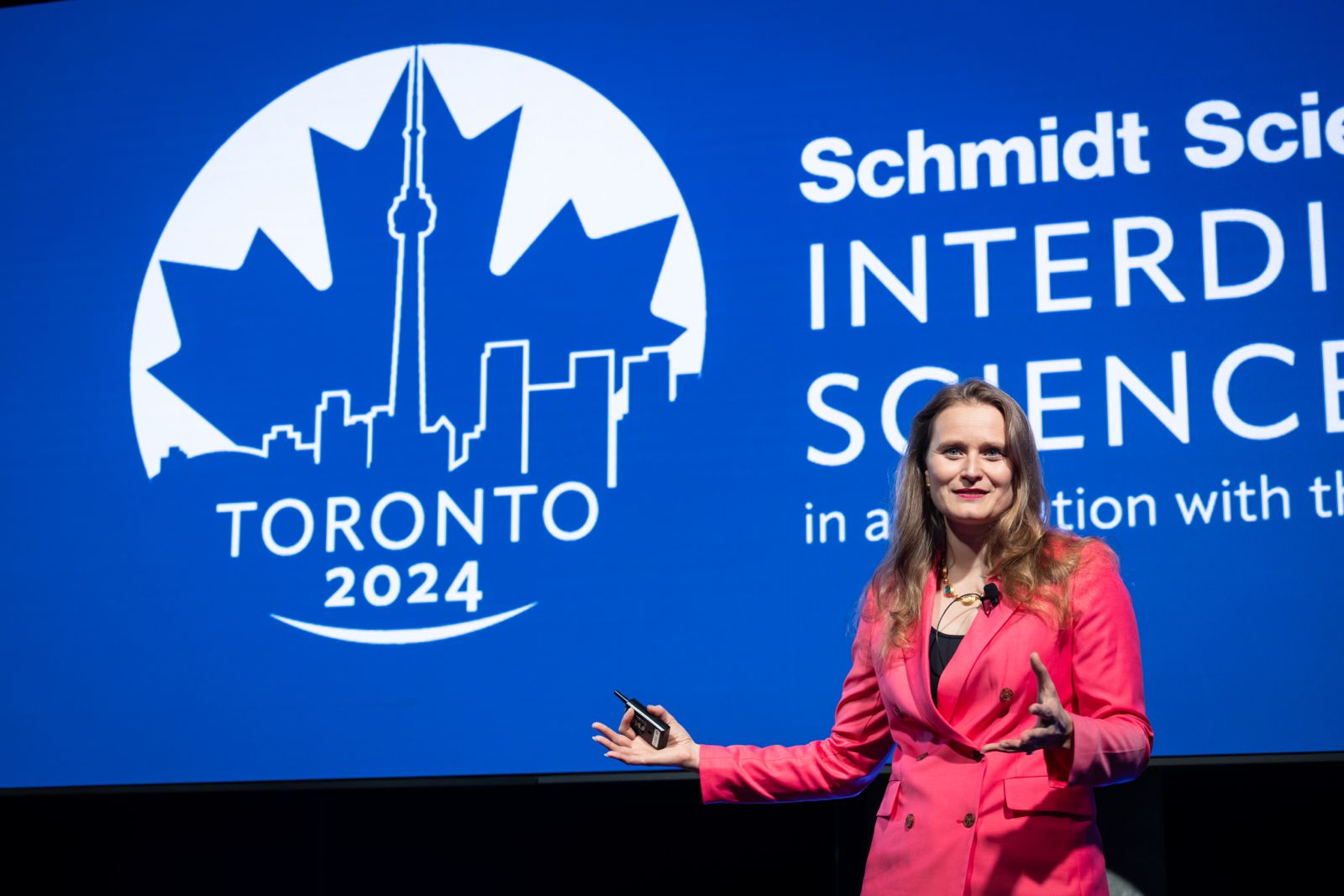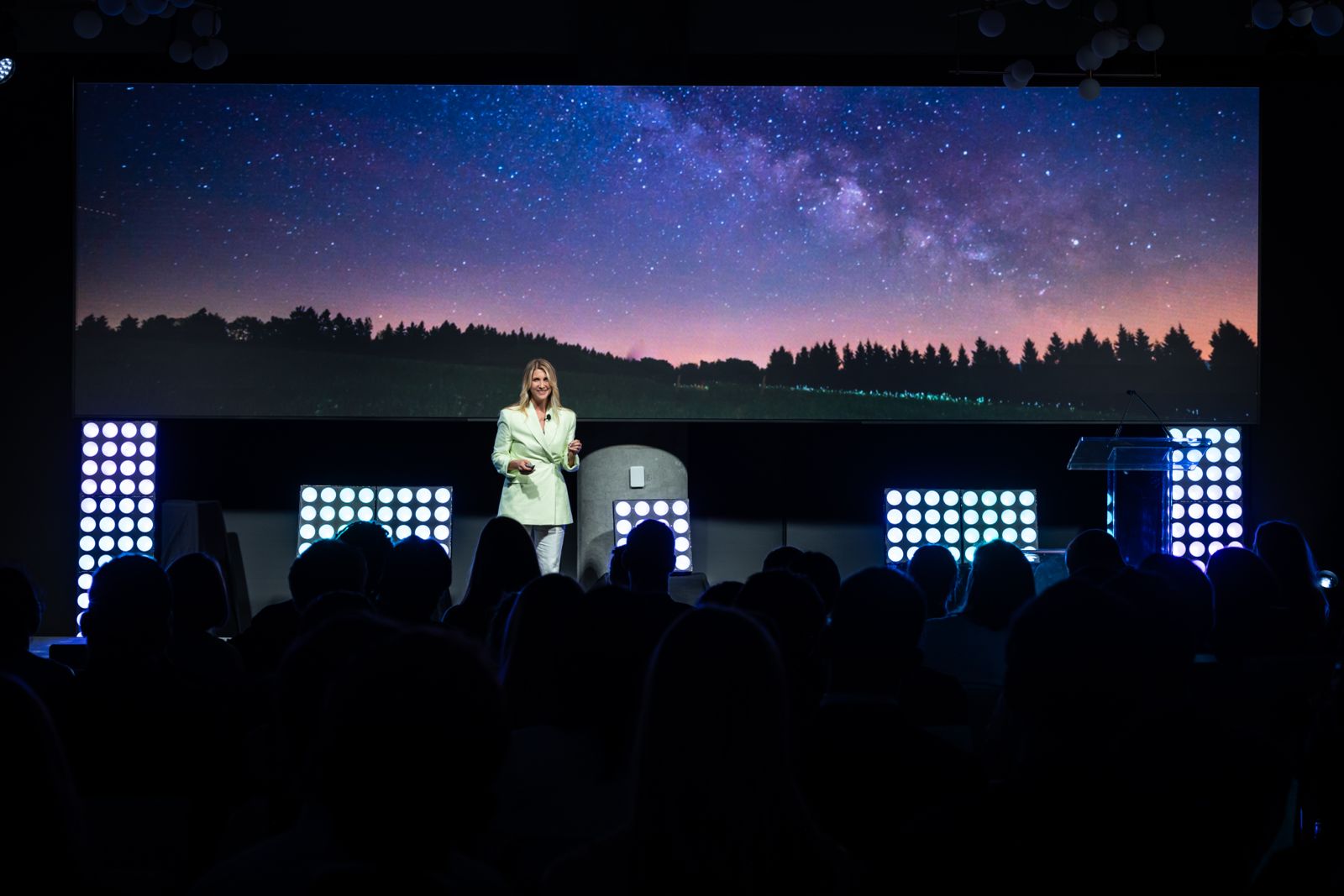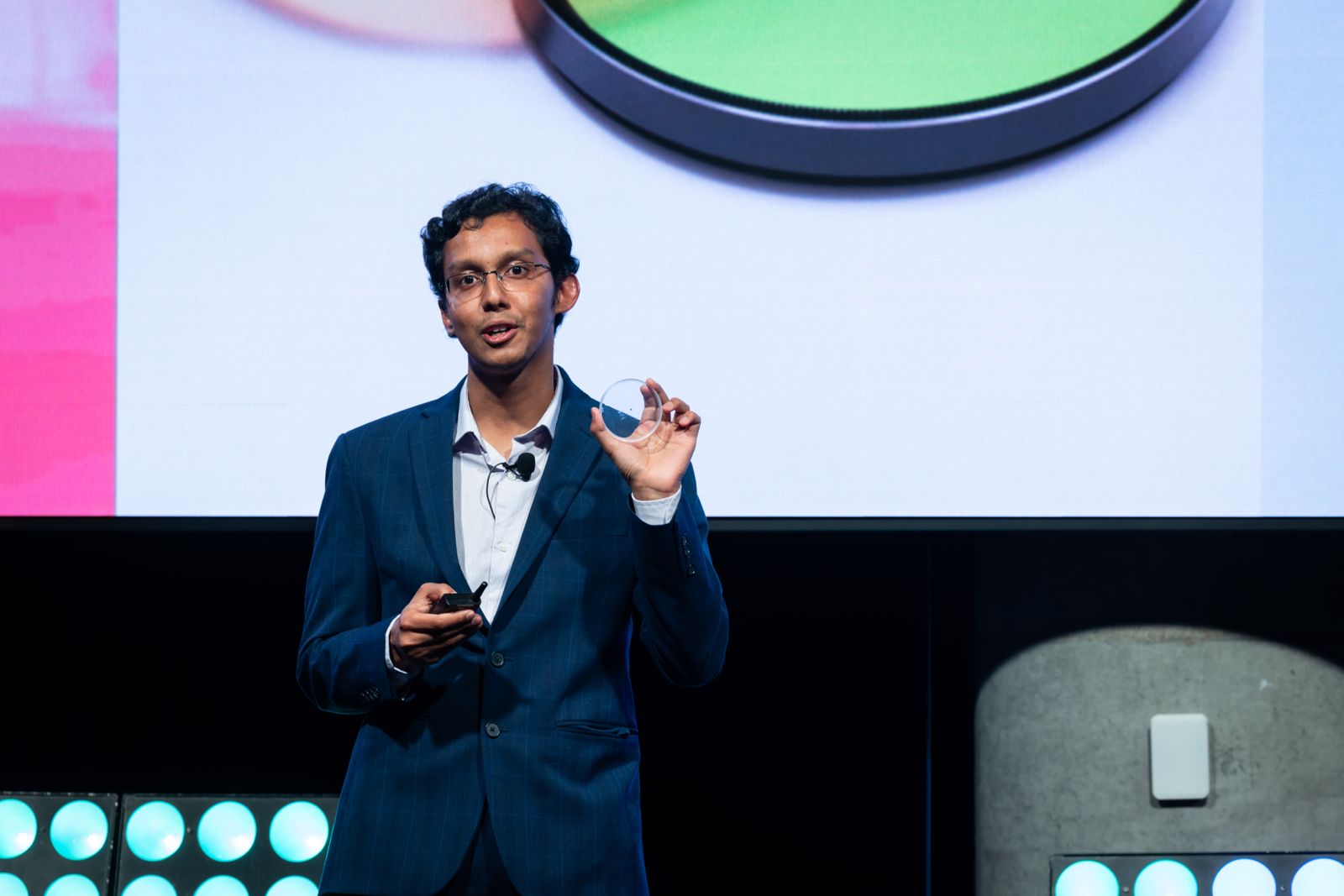Each of us is shaped by the places we live and work throughout our lives. The different perspectives that geography, people, and cultures offer help to mould how we see opportunities, challenges – and potential solutions.
For many scientists, traveling, working, and living on an international scale exposes them to ideas that change how they identify problems to work on, and a diversity of ways to tackle them. This is even more the case when seeking to work across disciplinary boundaries.
2018 Schmidt Science Fellow, Dr Mattia Serra, is an international scientist personified. Raised in a small village in Abruzzo on the Italian Adriatic coast, Mattia attended high school in the nearby town of Chieti. He moved to Milan for his undergraduate and master’s degrees and spent time living in Shanghai, China and Delft, Netherlands on exchange programs. Mattia moved to Switzerland for his PhD at ETH Zurich where he began several trans-Atlantic collaborations. As a 2018 Schmidt Science Fellow, he headed to the USA and Harvard University, where he continues his work on mathematical modelling of chaotic systems today as a postdoc. Mattia collaborates with experimental biologists and fluid dynamicists with the aim of understanding and modelling complex phenomena, including the ways cells move and acquire their fate during early embryonic development.
In his own words, Mattia describes the impact of people and place on his development both as a scientist and person.
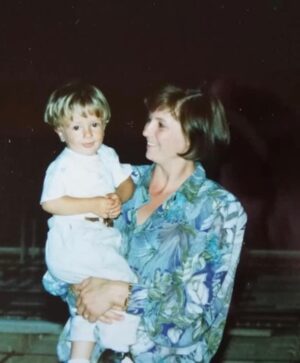
I grew up in a small village of only 4,000 people called Torrevecchia Teatina in Abruzzo. Italy is where I now return to when I need to recharge my batteries. My family has always been the pillar in my life and the people I like to share my success with.
I feel that I left Italy almost forever ago. One day I want to return and perhaps give back all that Italy gave me. I would like to help at a policy level and to add to the educational system. It is one thing that I feel responsible for. I attended a high school called Liceo Scientifico Filippo Masci in Chieti. This place had a unique atmosphere and has been fundamental for me. I was student representative working with professors and the director of Liceo, which was a unique experience. At the Liceo everyone was family and you have a strong bond with your classmates and professors spending 5 years together. This place still has a piece of my heart.
I love learning new things and I like the way mathematics enables us to encode any process – that translation from a practical problem to an abstract language is something that intrigues me and is the main driver of my work. Math is beguiling for me, it’s dense, elegant and rigorous, and enables you to model any phenomenon.
This philosophy on learning led to some of my later decisions. When I finished my master’s degree, I worked in a strategic consulting finance company in Milan. I immediately realized that was not my job. I was using my brain for problems that were already well defined which is the opposite of what I wanted to do.
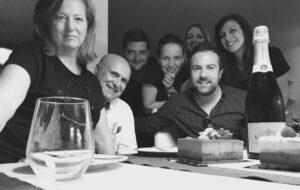
My degree and master’s gave me the chance to live and study in China and the Netherlands but for my PhD I left Italy for Switzerland. I studied nonlinear dynamics at ETH Zurich. My advisor was George Haller and he has created the main research fields where we are working to understand and predict chaotic systems. George has been a pillar of my education and a precious reference guide for professional and personal advice.
Zurich was also where I began a number of important international collaborations. The most important was a joint project with MIT and the US Coast Guard, relating to improving search and rescue operations. There is a limited amount of search assets available to locate and rescue an individual lost at sea – I wanted to develop and use cutting edge mathematical techniques to optimally allocate these research assets to maximize the likelihood of finding them. I started flying back and forth to MIT and the Woods Hole Oceanographic Institution on Cape Cod to work with our collaborators.
When I moved to Harvard as a Schmidt Science Fellow, I felt I had to put more emphasis on the relevance of my research problems, rather than being solely driven by technicalities. I wanted to develop and use mathematics to understand and solve societal problems to have an impact on improving lives. I am amazed by the exceptional enthusiasm for science in the USA. It is an environment that gives you a boost and provides all the possible expertise in the area where I work, between Harvard, MIT and the Boston hub.
My PI, Professor L. Mahadevan is exceptional. I’m still learning from him. He tries to attack problems that seem impossible, and he really is characterized by the need to model and understand why something is happening. I’m grateful to him and I will be forever because he opened up many new research avenues for me. He put me in contact with the leading experimentalists I work with and he is always super optimistic with a contagious smile. Even though he’s so busy, he’s always happy and so enthusiastic – that’s amazing.
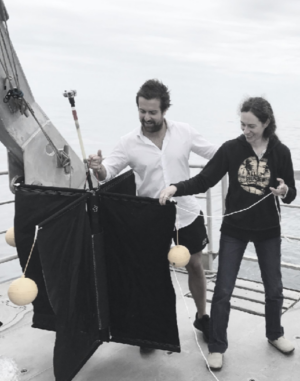
My Schmidt Science Fellows experience has been key for broadening my perspectives and giving me an opportunity to do interdisciplinary research. This fellowship allowed us to have a super broad overview of cutting-edge science, policymakers, and venture capitalists: realities that I had never had the chance to explore. This has been an amazing opportunity.
The Fellowship broadened my research overview extensively through listening and talking to the other Fellows – and also through the Global Meetings where we were exposed to leading research that is currently underway in the US and the world. I can compare it to being blind and then someone putting you in a magic glass and you realize it’s so beautiful and there is so much more – and that I was only looking at this narrow slice of work. Listening to the reflection points from super influential and successful people – this has been helpful for pretty much every decision I take.
In the future, I plan to continue working on the development of mathematical methods to understand, predict, and abstract how living and non-living matter self-organize in space and time. I am intrigued by the complexity of biological systems. My long-term vision is to develop biology- and physics-informed big data analytics frameworks to learn the mechanistic bases of complex systems from data and cast their common principles into new predictive mathematical models. I envision these techniques will be useful not only for embryonic development, but also for a wide range of problems in engineering, medicine, and environmental science.
For more on Mattia’s research see his personal website.
